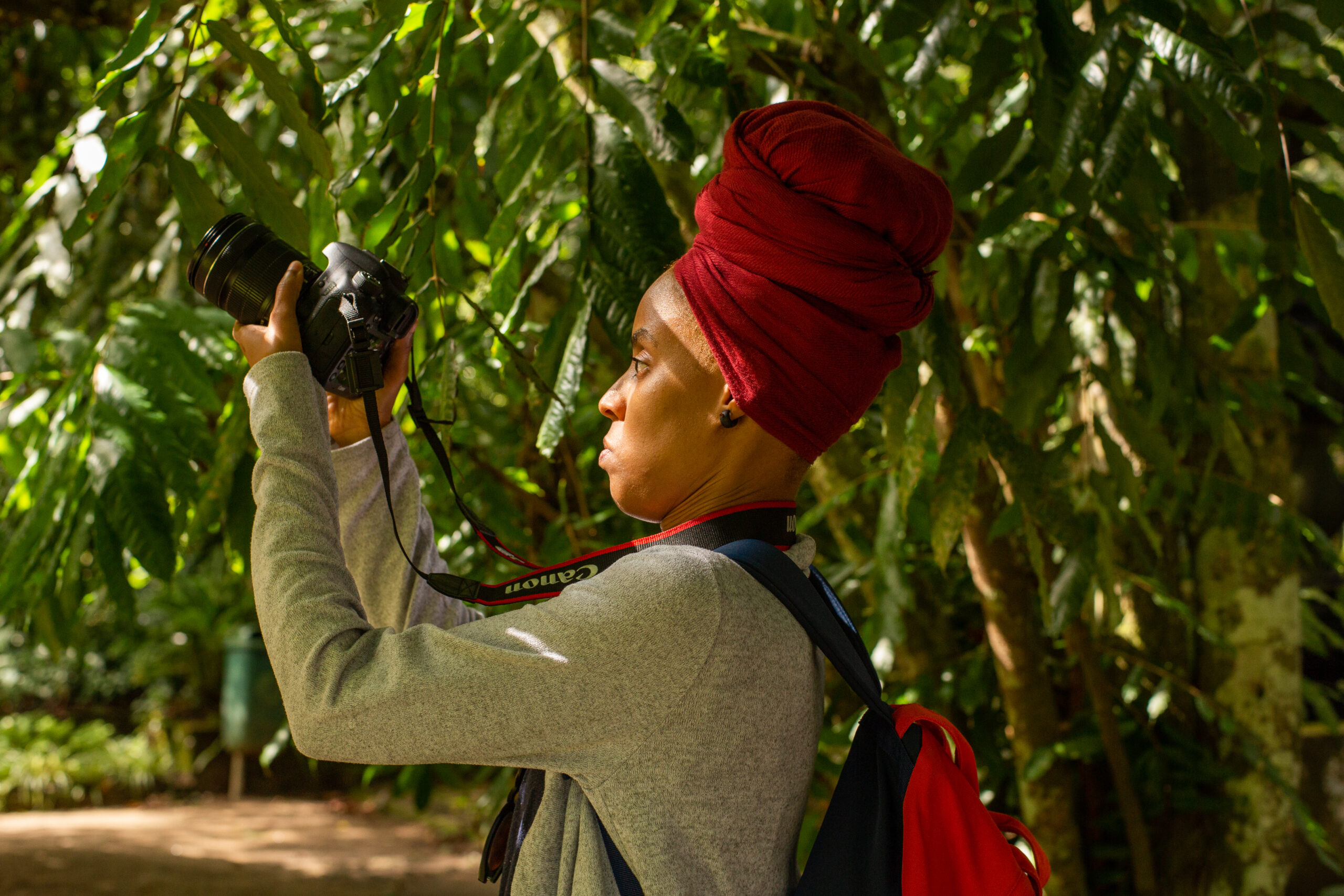Filmmaker, anthropologist, visual artist and independent curator, currently doing research for her master’s degree in the program Culture and Territoriality at Universidade Federal Fluminense. She directed the films “I Need These Words Written” (2017); “Camelôs” (2018); “Guardião dos Caminhos” (2019); “De um lado do Atlântico” (2020) and “Mãe Celina de Xangô” (2021). She has produced video art for museums and is currently involved in commissioned works for MAR in the exhibition ”Crônicas Cariocas”.

Milena Manfredini
Revolving the past to inhabit the present
To strip away the veils that cover the postcards is necessary for us to understand the subterranean memories that sometimes emerge and impose themselves before us.
How much of the past exists in our present? And what do we do with it? These are some of the questions that move me as an artist and anthropologist. And the Port Region of the city of Rio de Janeiro is a territory of irradiation for this reflection. The Valongo pier is recognized as the largest port for receiving enslaved Africans in the world. According to some researchers, more than a million people arrived there as slaves. A number that, even today, resonates and reveals the fractures of our society. Grada Kilomba, elucidates in one of her texts that colonialism is a wound that has never been treated. It always hurts, sometimes it infects, and sometimes it bleeds.
To strip away the veils that cover the postcards is necessary for us to understand the subterranean memories that sometimes emerge and impose themselves before us. In 2011, the soil excavated at the Valongo pier revealed to us how much the soil and stones of the region keep countless scars in their entrails. Personal and sacred objects brought by enslaved men and women on slave ships remained grounded in the successive transformations of urban modernization of the region, remaining submerged for over a century. The land and stones of the Valongo pier teach us that, in order to inhabit the present, it is necessary to turn over the past to hear and see what it has to tell us.
Realização




Produção

